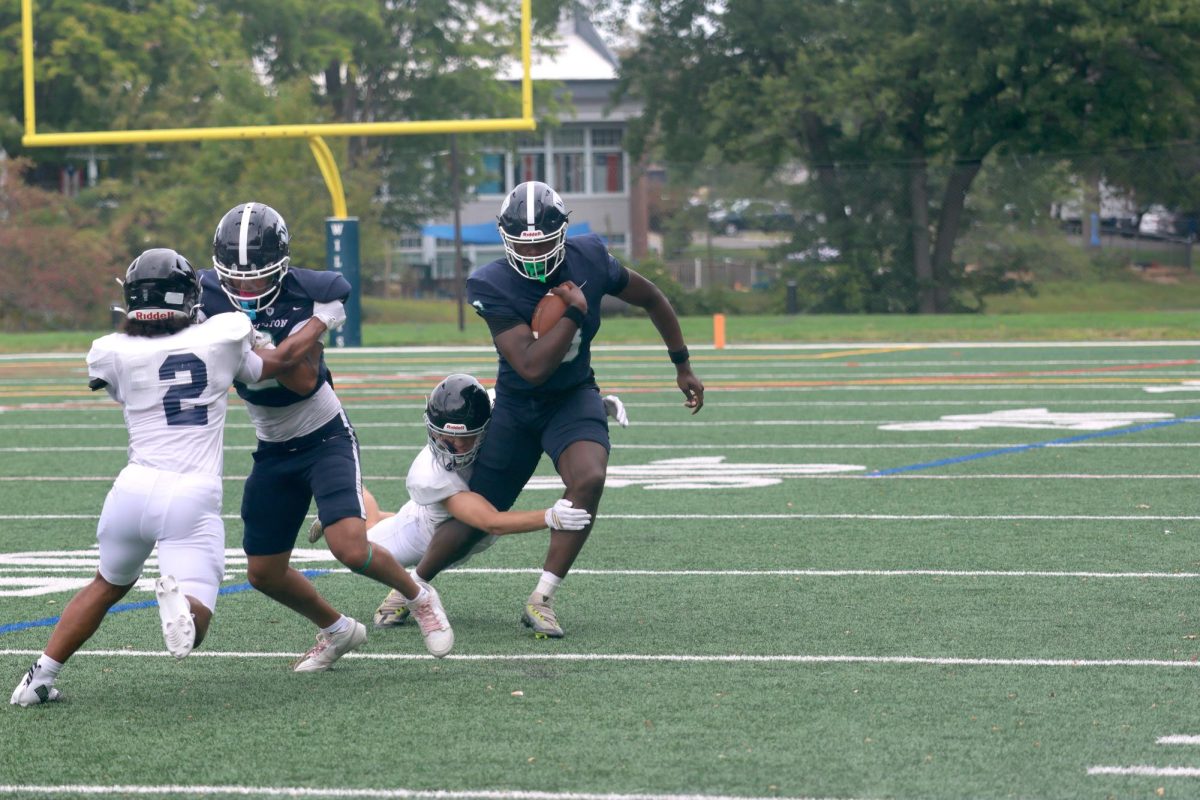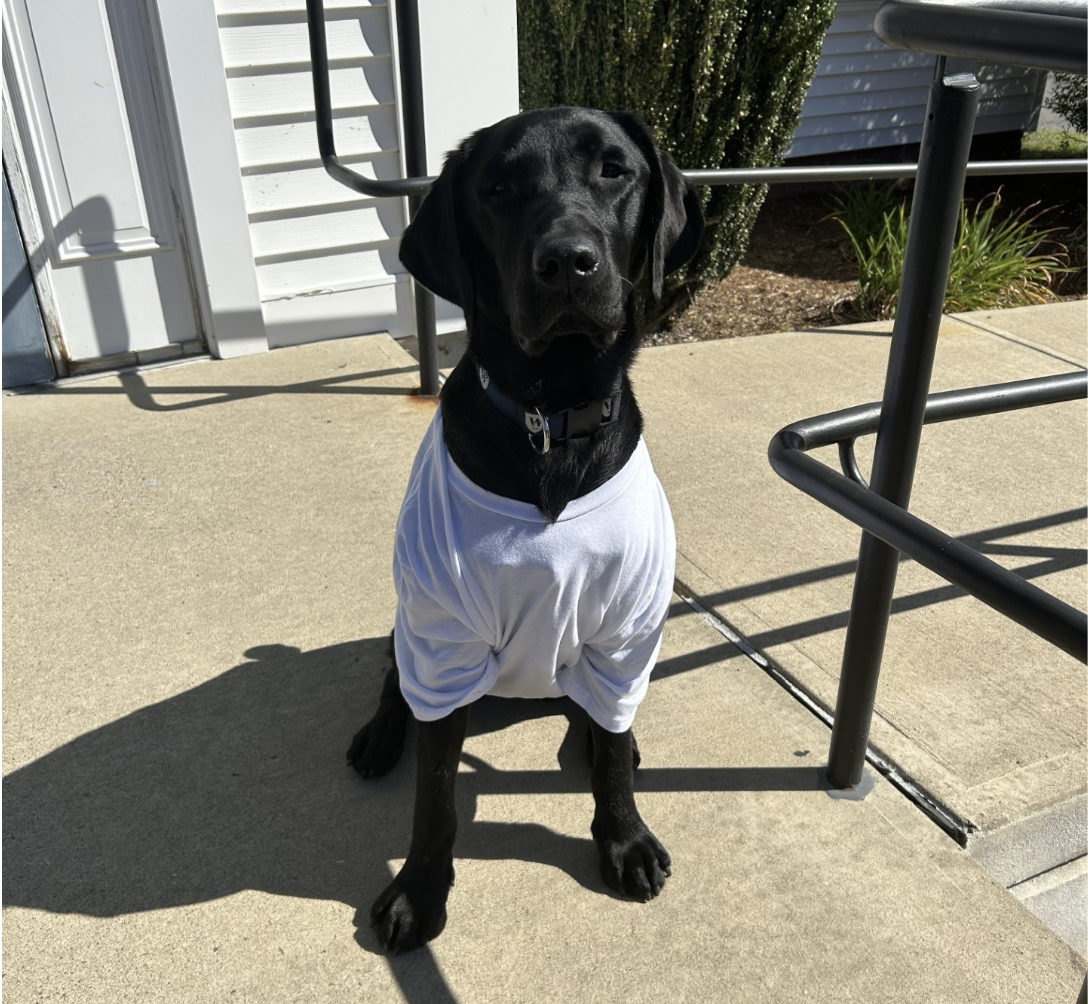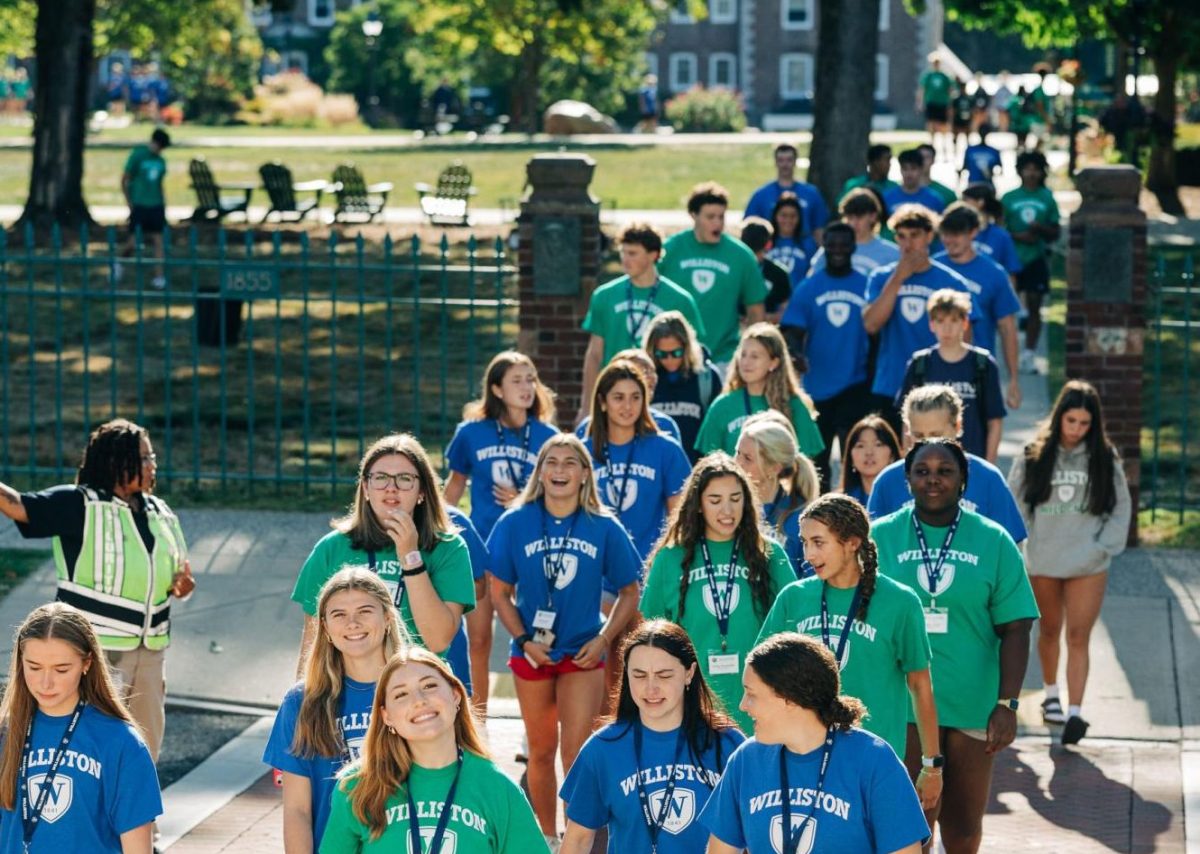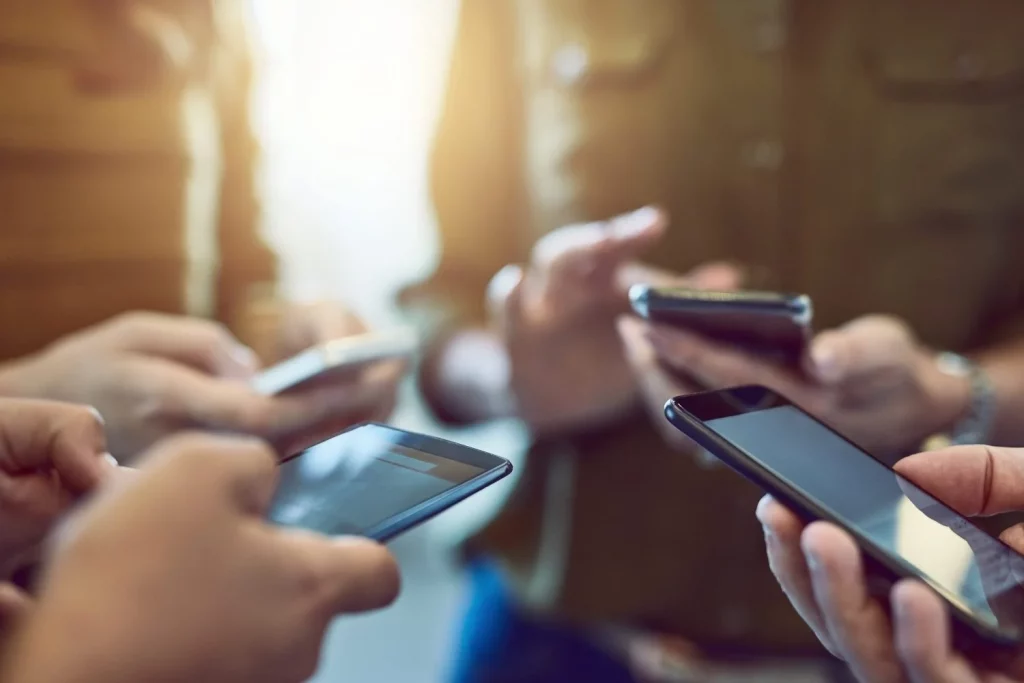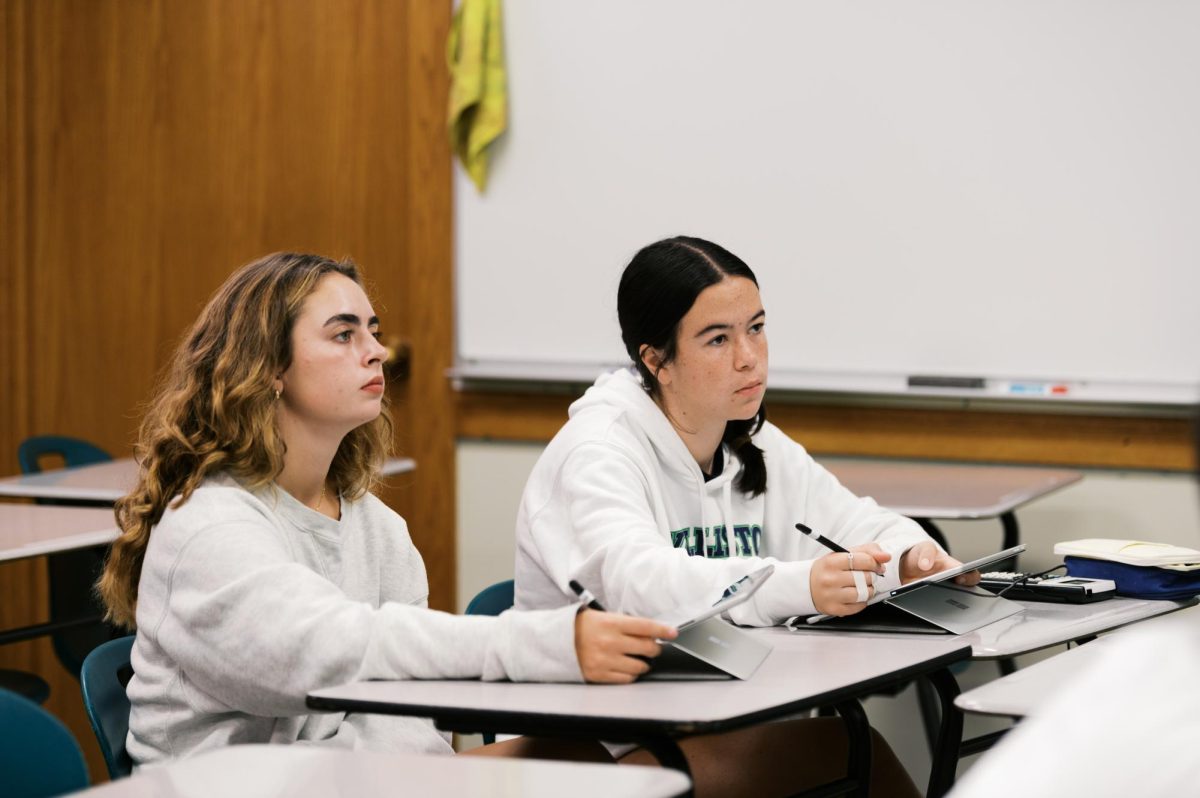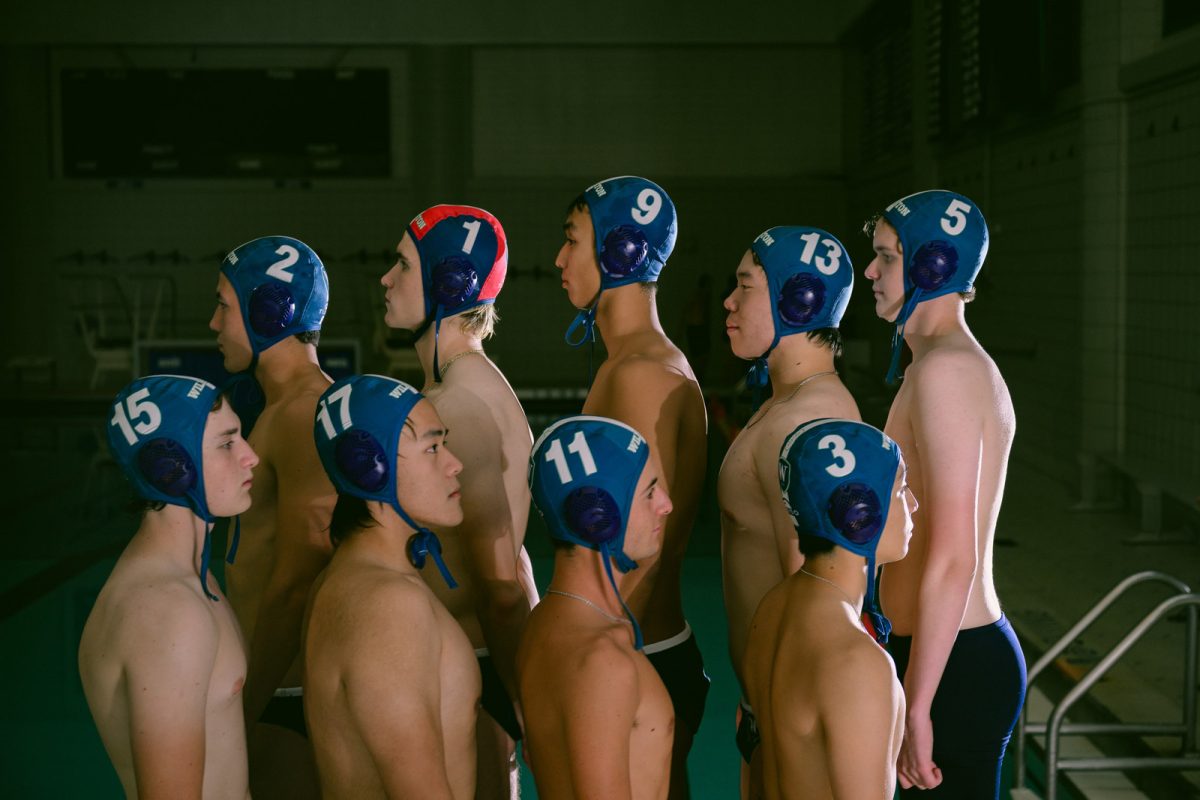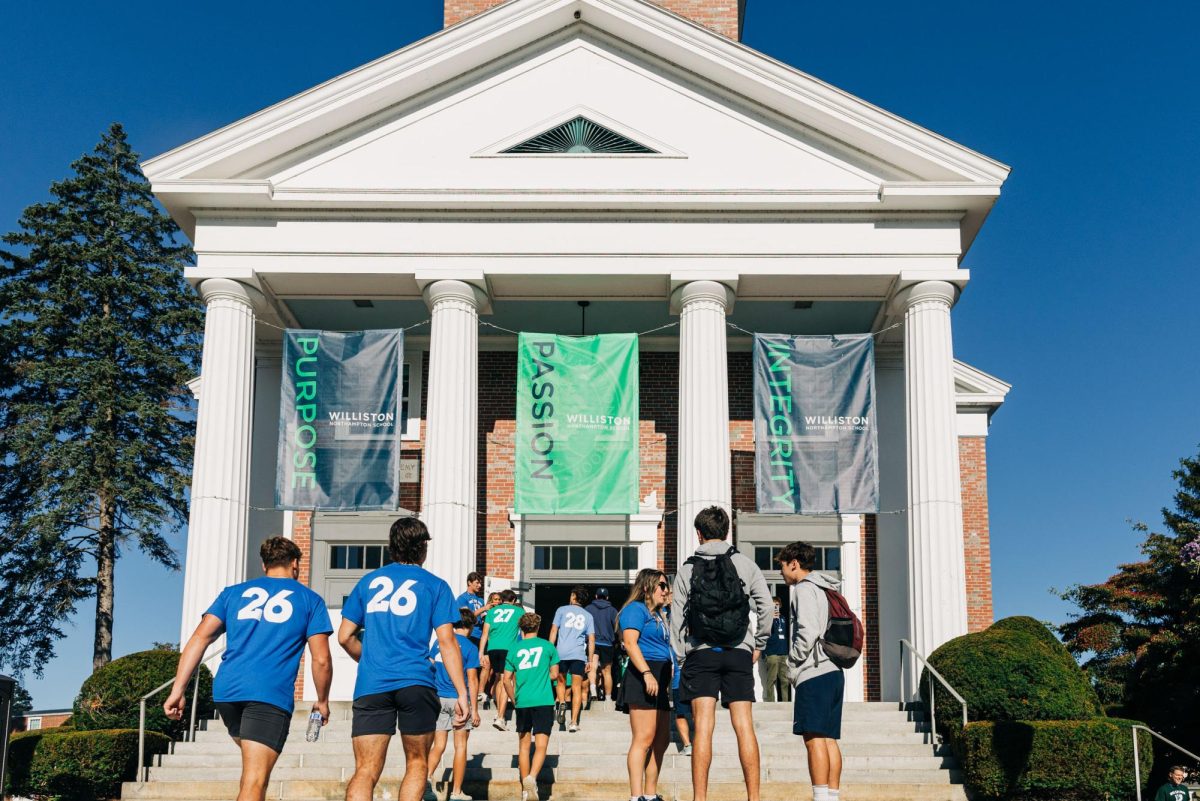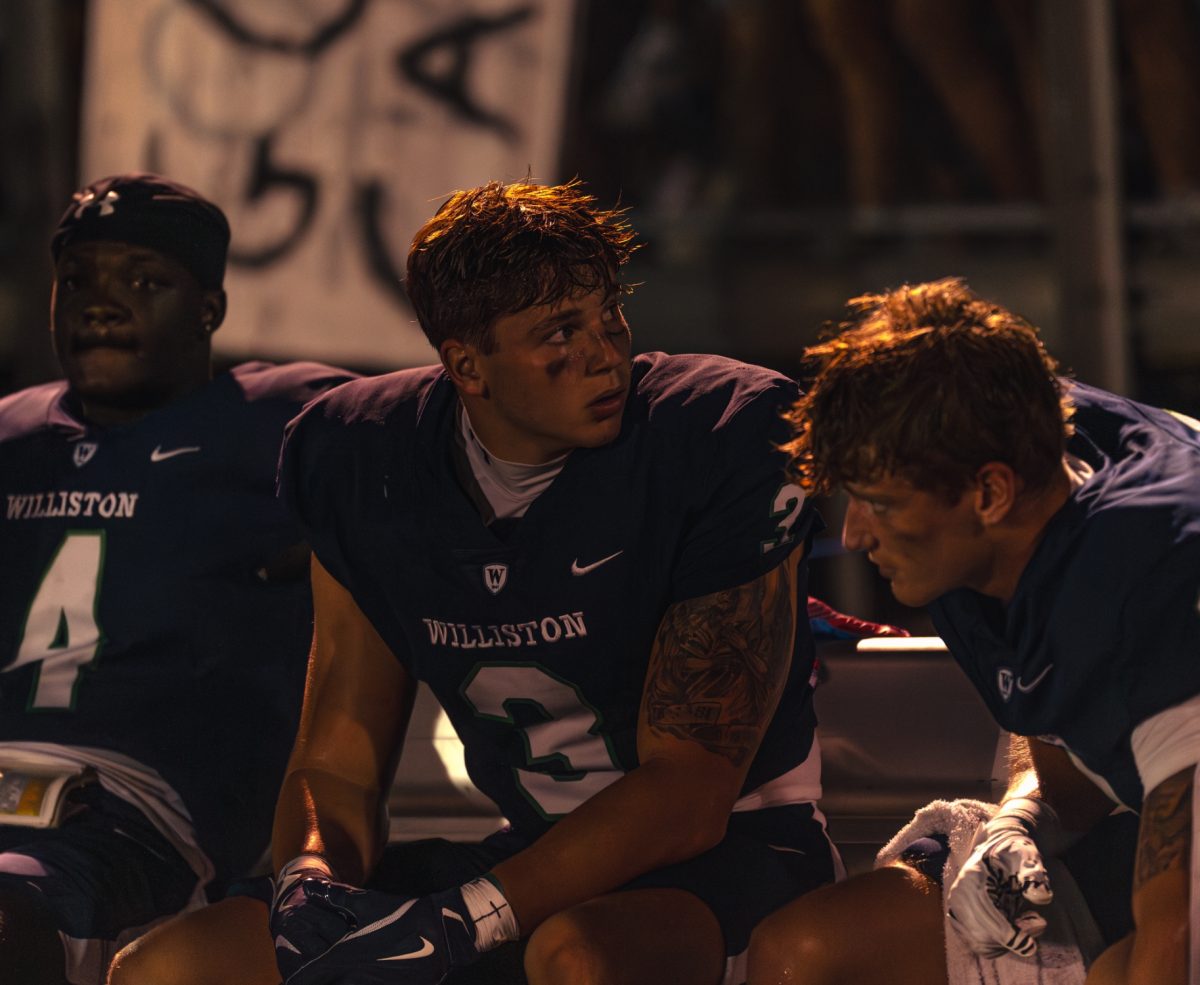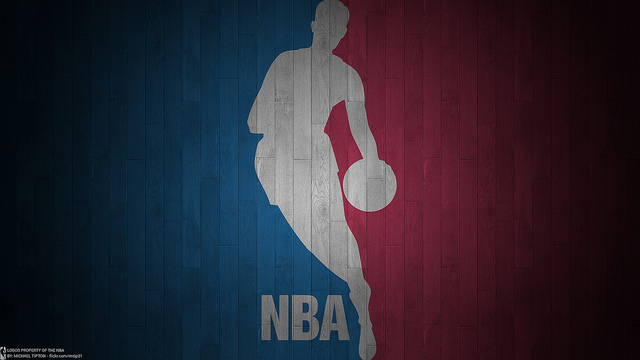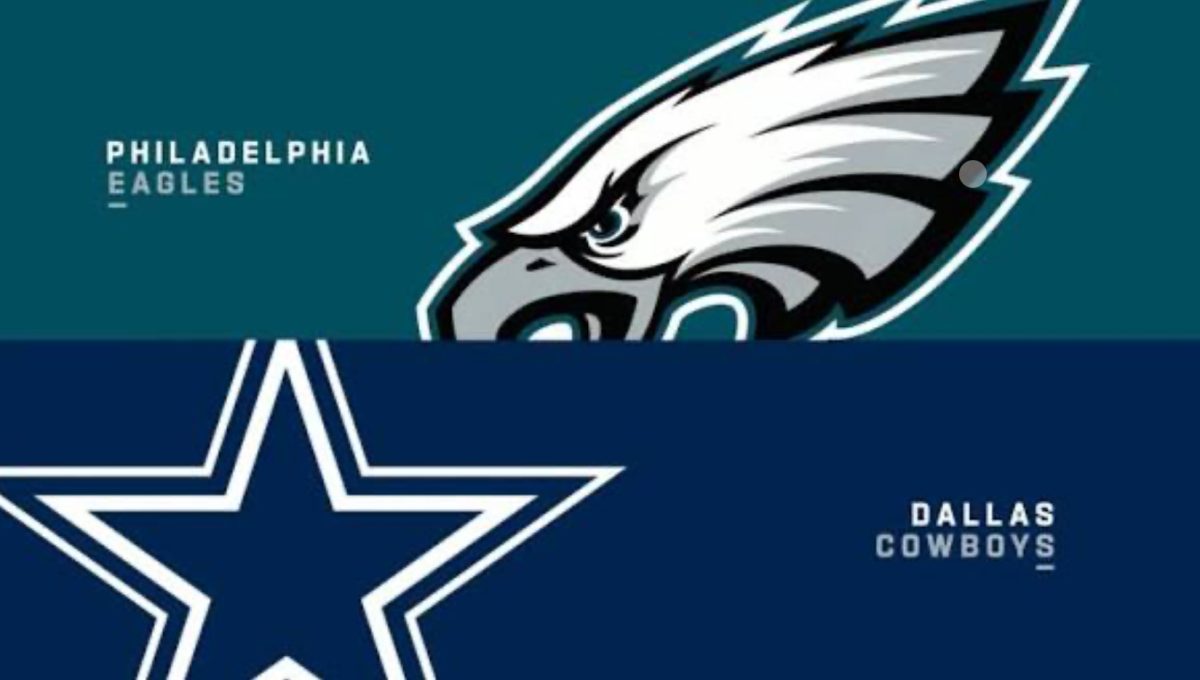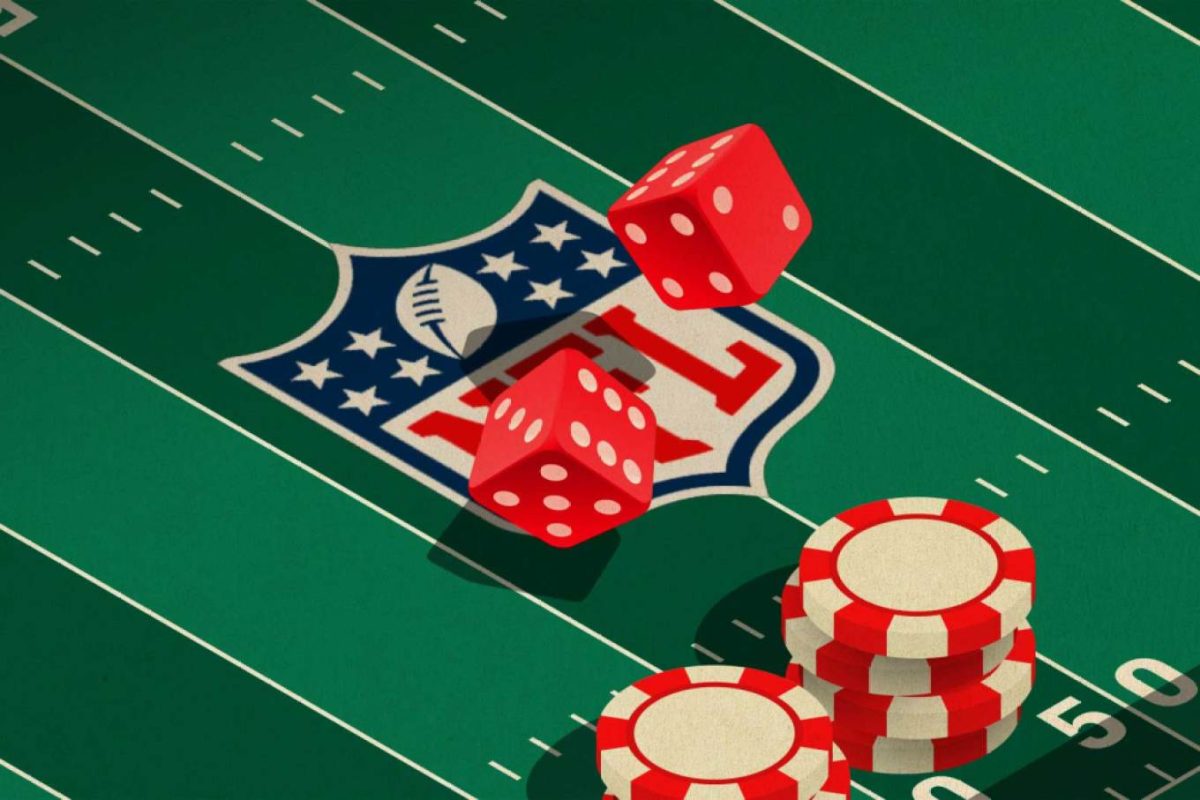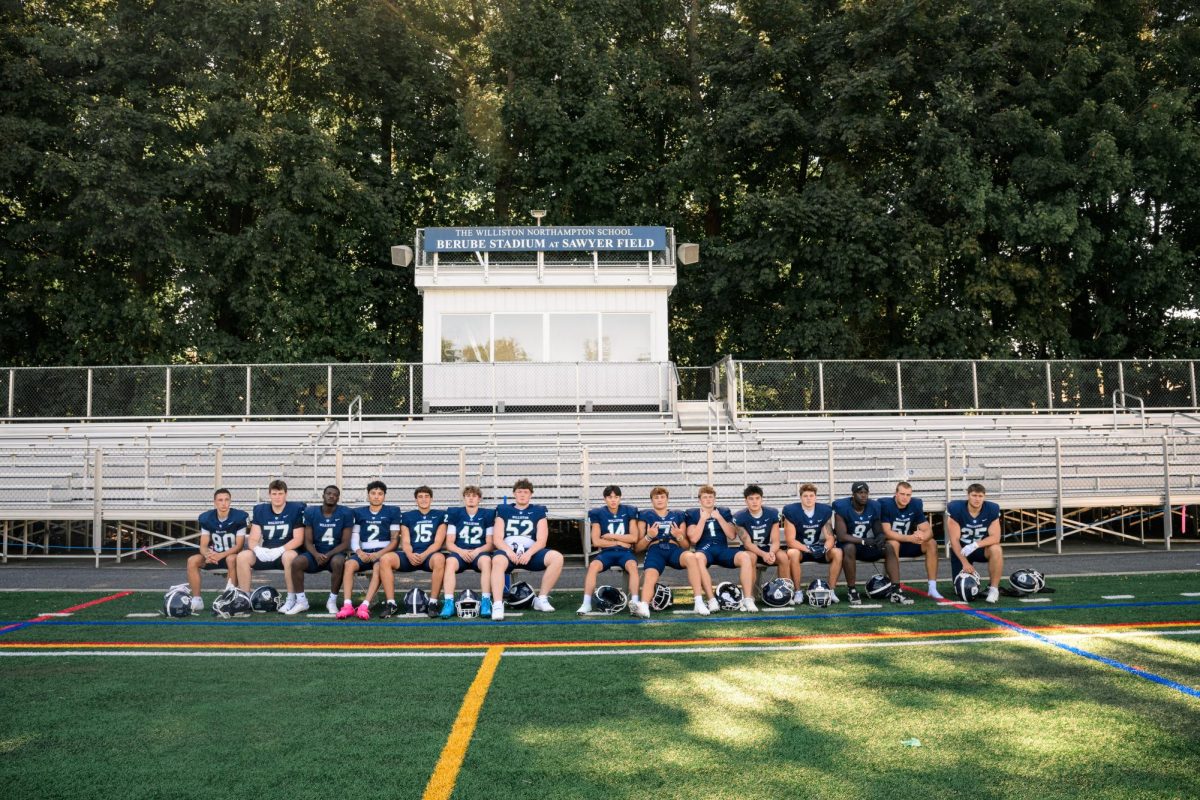Mental health is crucial for performance, even if people in the stands can’t see it.
According to NCAA.com., “Recognizing mental health as an important dimension of overall health, the NCAA’s commitment to student-athlete mental health and well-being is codified in the NCAA Constitution, which states that athletics programs shall be conducted in a manner designed to protect, support and enhance the mental and physical health of student-athletes.”
Mental Health, I believe, is not taken seriously enough by athletes but I think the tide is shifting.
In the past few years, discussions around mental health for pro athletes have risen after many pros, including, Michael Phelps, Jarren Duran, Chris Paul, have spoken up about their own personal struggles.
In May 2021, Athletes for Hope began its “Whole Being Athlete Program,” which, according to its website, aims to “reduce the stigma of mental health in and out of sports.” Program ambassadors include former sprint and NFL player Tyree Washington and Olympic sprinter Kendall Ellis.
Post grad QB Crew Colon deals with his own mental stress by adopting what he calls the “goldfish mentality.”
“You have to live with the goldfish mentality goldfish, you only have a second of memory to not worry about the play that happened,” he said. “Just worry about the next play.”
After the football team’s Sept. 13 big loss against Tabor Academy, the Wildcats are dealing mental pressure as they prepare to move on the next week and play away at Andover on Saturday Sept. 20.
Earlier in the week, before the Tabor game, Crew explained how he dealt with the mental struggle of being a leader on the field.
“When you have a lot that’s going on in your head and you feel the pressure or a lack of confidence, you’re going to start to tense up in games or overthink plays,” he said.
Zeke Jackson, an member of the Varsity Football team, had similar feelings about how athletics and mental health intersect.
“I feel like I always have to be perfect,” Zeke said. “As a leader, I have to know the call but also know what everyone else is doing and my own role at the same time.”
Meg Colenback, Director of Mental Health counseling at Williston, worries that student athletes are not focused enough on their own mental health.
“After seeing people deal with it for 15+ years, mental health is usually under looked more than people think,” Colenback wrote in an email to The Willistonian. Colenback played college soccer at Macalester College in St. Paul, Minnesota, so has firsthand experience.
” When there is too much pressure from outsiders and [you] let it bother you, it gets unhealthy,” she said.
She insists that athletes “Attack the mental struggles as a team. One it will make you guys closer as a unit, but it will make it more manageable because you know you aren’t alone.”
After the Tabor game on the 13, I let the shame of the loss eat at me for the rest of the weekend. On Monday, Crew told us at practice hat the game doesn’t define us as players or a team, and that we should use the loss as motivation to get better the next week.
On Saturday, Sept. 20, Williston took on Andover, away, and won 27-0.



